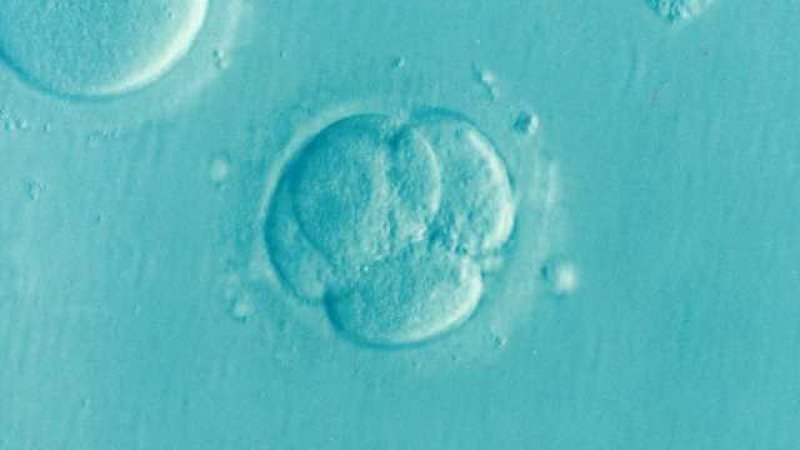…
Imagine an individual or couple at high risk for creating a child with a serious genetic disease. They have the following simplified range of options:
Create a genetically related child in the time-honored fashion who will be at high risk for the genetic disease.
Create a genetically related child using CRISPR who will be at very low risk for the genetic disease.
Create no genetically related child.
The existence of option C undermines the claim that rCRISPR applications are lifesaving or curative.
…
Individuals have a choice in the matter of creating children at high risk of genetic disease: They can choose option C. Here is a different way of seeing the point that rCRISPR is not morally urgent because it does not involve a child whose existence, or illness, is inevitable.
Read full, original post: Using CRISPR to edit eggs, sperm, or embryos does not save lives































